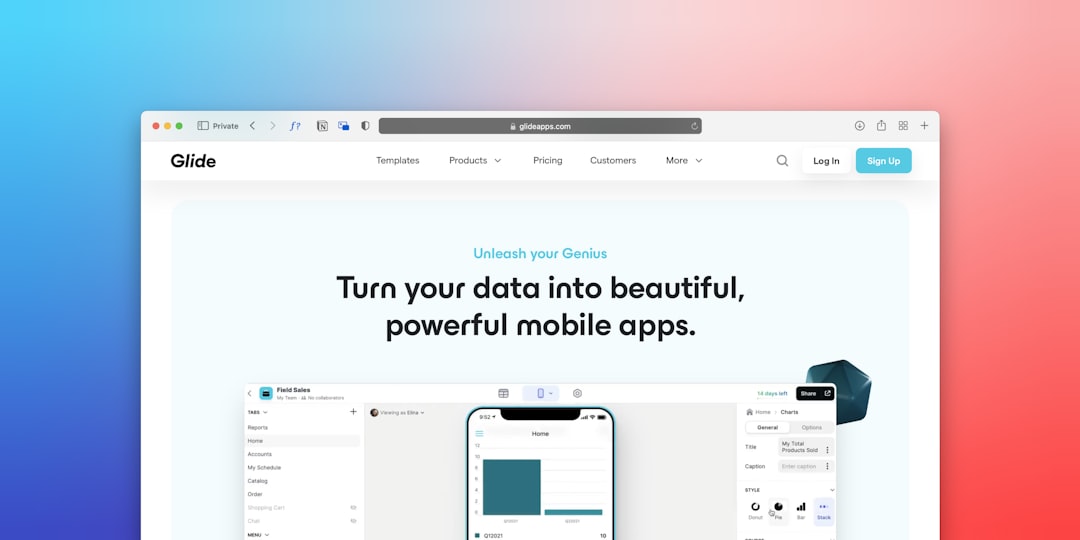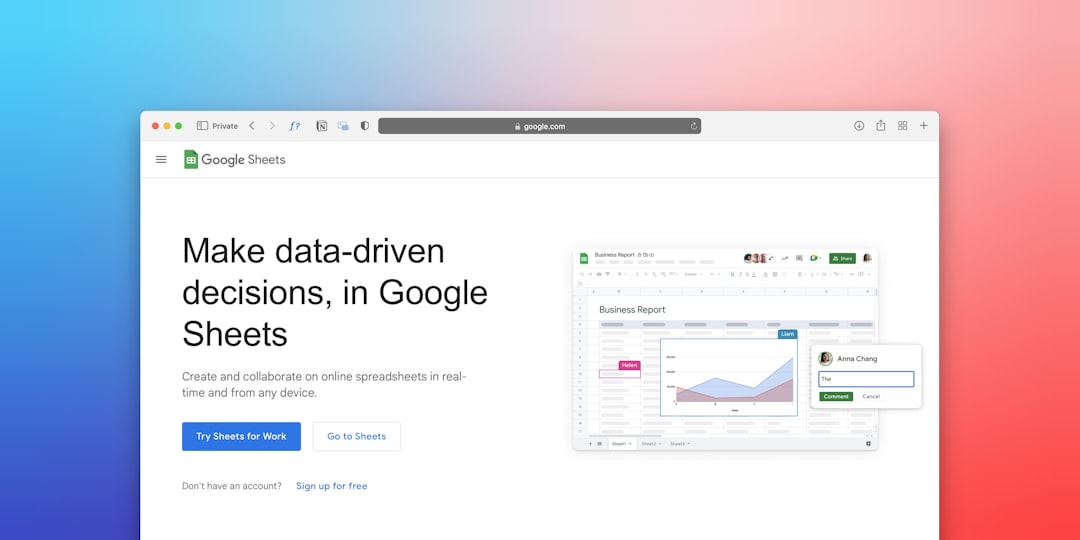Structured Data Beyond FAQ & HowTo
5 min read
When search engine optimization (SEO) professionals think of structured data, their mind commonly darts to the obvious implementations: FAQ and HowTo schema. While these are valuable tools, they only scratch the surface of what structured data can offer in enhancing a website’s visibility and interactivity within search engines. Structured data is far more versatile and can be implemented across various industries and content types to improve rich results, increase click-through rates, and provide more relevant information in the SERPs. In this article, we’ll explore the world of structured data beyond FAQ and HowTo, examining the diverse opportunities businesses can leverage to gain an edge in organic search.
The Role of Structured Data in Modern SEO
Structured data, often referred to as schema markup, is code that’s added to a webpage to help search engines understand the content better. It uses a standardized vocabulary (Schema.org) that enables webmasters to tag page elements like product names, reviews, authors, events, and more. This understanding helps search engines create rich snippets, knowledge graph cards, and other advanced search enhancements.
Although FAQ and HowTo schemas have risen in popularity due to their immediate visual impact in search results, they are only the tip of the iceberg. There are dozens of other types of structured data formats designed to represent various forms of content.
Expanded Use Cases of Structured Data
Beyond the basics, strategic use of schema markup can help webmasters optimize different types of content. Here are several valuable but often overlooked structured data types:
- Product Schema: Foundational for e-commerce sites, this markup enables features like review ratings, pricing, and availability to show up in search engine listings. It contributes directly to higher CTRs and more purchase-ready traffic.
- Event Schema: Essential for businesses hosting webinars, concerts, or community events. It allows details such as location, date, and ticket price to appear in rich results.
- Recipe Schema: For culinary websites, this provides information like cooking time, calories, reviews, and recipe steps. This schema transforms a plain listing into an eye-catching visual result on Google’s search pages.

- Job Posting Schema: Popular among recruitment platforms, this allows job listings to appear directly in Google Jobs search results. It improves visibility and can even cut out dependency on job boards.
- Course Schema: Useful for educational institutions and e-learning platforms. Includes details such as course name, description, provider, and credentials.
- Article Schema: Ideal for news publishers and bloggers, it supplies metadata that can lead to features like the “Top Stories” carousel, AMP-specific enhancements, and increased authority in Google’s News indexing.
Structured Data for Local SEO
Local businesses can benefit significantly from enhanced schema marks. Here are a few that stand out:
- Local Business Schema: Describes essential information such as store hours, address, contact details, and accepted payment methods. Automatically sends this info to services like Google Maps.
- Review & AggregateRating: Encourages businesses to showcase verified customer feedback through star ratings and reviews embedded directly into SERP listings.
- Service Schema: Useful for businesses offering multiple types of services under one domain. For instance, a plumbing company could mark up different services like “Leak Detection” or “Tank Installation.”

Enterprise-Level and Niche Applications
Structured data isn’t just for consumer-facing websites. Enterprises and niche markets can implement advanced schemas to improve contextual relevance and visibility:
- SoftwareApplication Schema: Organizes data for apps, including user ratings, operating system, install URLs, and pricing. Highly relevant for B2B SaaS providers.
- Organization Schema: Delivers a complete profile of the company, including founding date, founders, contact info, and social media links. Contributes strongly to brand authority.
- MedicalEntity Schema: Used by healthcare providers and educational resources for marking up symptoms, conditions, tests, and educational articles.
- Financial Product Schema: Ideal for banks and financial institutions offering credit cards, loans, and insurance policies. Allows detailed info like rates, terms, and eligibility requirements.
Best Practices for Implementing Structured Data
To maximize the benefits of structured data across various types, follow these best practices:
- Use JSON-LD Format: Google recommends using JSON-LD syntax for embedding schema markup, as it is cleaner and easier to manage than inline microdata.
- Stay Updated: Schema.org is constantly evolving. Periodically check for updates and new schema types relevant to your industry.
- Validate with Google’s Rich Results Test: Before pushing changes live, always validate your markup using official tools to avoid accidental crawl issues or errors.
- Implement Schema Site-Wide: Apply structured data consistently across different sections. For example, if your blog posts leverage Article Schema, ensure every post complies with best practices.

Structured Data and Voice Search
With the rise of voice search and virtual assistants like Google Assistant and Alexa, structured data has become even more critical. Properly marked-up content enables machines to retrieve accurate and relevant answers quickly. Featured snippets and “People Also Ask” boxes often draw answers from structured data-enabled websites, making implementation crucial for those targeting voice-enabled search results.
Common Mistakes to Avoid
Though structured data is powerful, improper usage can backfire. Here are some pitfalls to steer clear of:
- Overstuffing Markup: Adding irrelevant data or repeating content in multiple schemas can dilute the signal and may incur a manual action from Google.
- Fake Contents: Using markup to claim reviews or ratings not present on the page violates Google guidelines and can lead to penalties.
- Ignoring Updates: Schema that was valid a couple of years ago may now be deprecated. Running periodic reviews of structured data is mandatory for maintaining eligibility for rich results.
In short, the depth and breadth of structured data go far beyond the standard FAQ and HowTo implementations. With careful planning and regular maintenance, businesses across all sectors can use schema markup to improve their search performance and user experience.
Frequently Asked Questions
-
Q: What is structured data?
A: Structured data is a standardized format used to label content on a webpage to help search engines understand its meaning more clearly. It allows for enhanced results like rich snippets in search listings. -
Q: Can any website use structured data?
A: Yes, all types of websites—from blogs and local businesses to enterprise-level platforms—can implement structured data using relevant Schema.org vocabulary. -
Q: Does adding structured data guarantee rich results?
A: No, while structured data increases the chances of rich results, Google ultimately decides whether or not to display them based on content relevance and quality. -
Q: Is JSON-LD better than Microdata?
A: Yes, JSON-LD is generally preferred by Google because it is easier to implement and maintain without altering the HTML structure of the page. -
Q: How often should structured data be reviewed?
A: It’s recommended to review your structured data implementation quarterly or whenever you make significant changes to your site’s content or layout.



